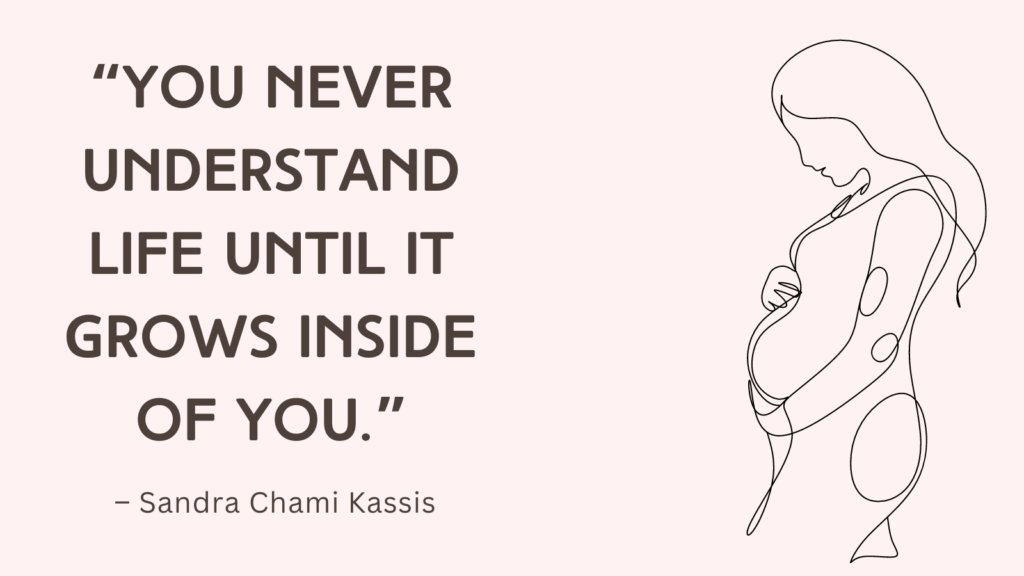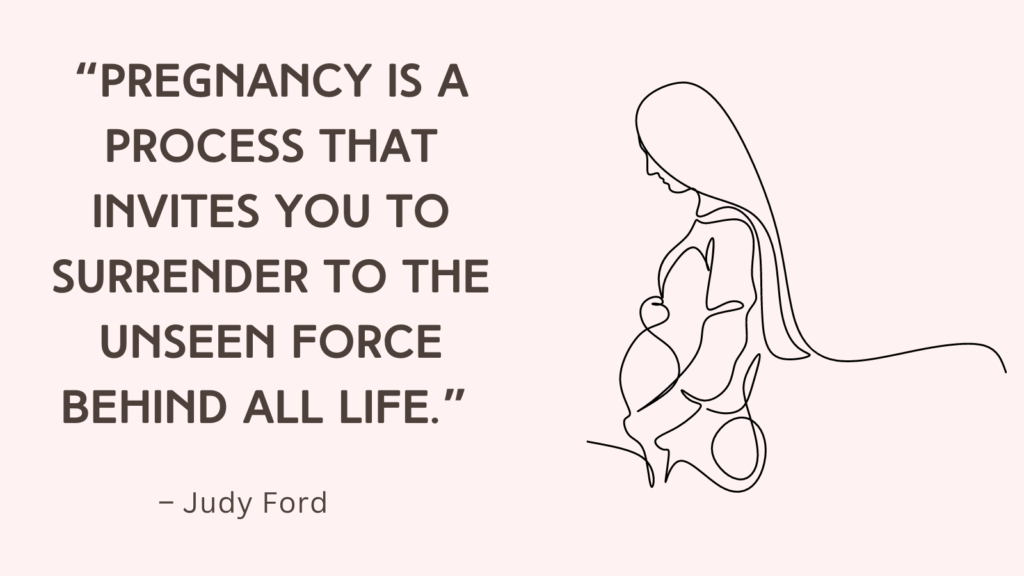Nausea may peak, headaches, increased urination, and mood swings.
You’re now 9 weeks pregnant—almost at the end of the first trimester! Your baby is growing fast, and while you might not see much of a baby bump yet, your body is working hard to nurture your little one.
At this stage, pregnancy symptoms may still be strong, but the good news is that many moms start feeling better in a few weeks. Let’s go over your baby’s growth, changes in your body, and ways to cope with symptoms in week 9.
What’s Happening to Your Baby?
At 9 weeks, your baby is now about the size of a cherry (2.5 cm or 1 inch long) and weighs around 2 grams. Key developments happening this week:
Baby Is No Longer an Embryo! – This week, your little one officially becomes a fetus.
Heart Is Fully Developed – It beats about 170 beats per minute and is now dividing into four chambers.
Arms & Legs Are Growing Fast – Tiny fingers and toes are forming, though they’re still webbed.
Facial Features Are More Defined – Eyes are fully formed but still fused shut, and the nose, lips, and ears are becoming more prominent.
The Baby Can Move! – While you can’t feel it yet, your baby is making small movements.
Organs Are Taking Shape – The liver, kidneys, pancreas, and intestines are growing and starting to function.
Sex Organs Are Developing – Though you can’t tell the gender yet, the reproductive system is forming.
What’s Happening to Your Body?
At 9 weeks pregnant, your pregnancy hormones are still at high levels, which means you might feel stronger symptoms than before.
Common Symptoms at 9 Weeks Pregnant
Morning Sickness – Nausea and vomiting may still be intense, but relief is coming soon!
Extreme Fatigue – Your body is using a lot of energy to support your baby.
Frequent Urination – Your uterus is expanding and putting pressure on your bladder.
Bloating & Gas – Slow digestion caused by progesterone can make you feel gassy.
Food Aversions & Cravings – Certain smells and foods may seem unbearable, while others become cravings.
Mood Swings – Hormonal changes may cause you to feel extra emotional.
Breast Changes – Your breasts might feel tender, swollen, or heavier as they prepare for breastfeeding.
Mild Cramping – As your uterus grows, you may feel pulling or stretching sensations.
Increased Vaginal Discharge – A clear or white discharge is normal, as it helps prevent infections.
How to Cope with Week 9 Pregnancy Symptoms
1. Handling Morning Sickness
Eat small, frequent meals – An empty stomach makes nausea worse.
Keep snacks nearby – Crackers, dry toast, and almonds can help.
Try ginger or lemon – Ginger tea or lemon-infused water can ease nausea.
Stay hydrated – Sip water, herbal tea, or electrolyte drinks throughout the day.
Identify food triggers – Avoid strong-smelling or greasy foods that worsen nausea.
2. Fighting Fatigue
Listen to your body and rest – If you’re tired, take short naps.
Eat energy-boosting foods – Include protein (eggs, nuts, yogurt) and iron-rich foods (spinach, lentils, lean meat).
Stay hydrated – Dehydration can make fatigue worse, so drink plenty of water.
3. Managing Frequent Urination
Drink enough water, but limit fluids before bedtime.
Fully empty your bladder each time you go.
Avoid caffeine, which increases urination.
4. Relieving Breast Tenderness
Wear a comfortable, supportive bra (maternity bras help).
Avoid sleeping on your stomach if it causes discomfort.
Use warm or cold compresses for relief.
5. Coping with Mood Swings
Practice self-care – Take a warm bath, read a book, or relax.
Talk about your feelings – Share your emotions with a friend, partner, or therapist.
Try gentle exercise – Prenatal yoga or walking can help balance your mood.
6. Managing Bloating & Digestion Issues
Eat fiber-rich foods to prevent constipation (fruits, veggies, whole grains).
Avoid carbonated drinks and greasy foods, which cause gas.
Eat slowly to help digestion.
What Should You Be Doing in Week 9?
You’re almost done with the first trimester! Here are some key things to focus on this week:
1. Attend Your First Prenatal Visit (If You Haven’t Yet)
Your doctor may confirm your baby’s heartbeat via ultrasound.
Blood work and urine tests will check iron levels, hCG levels, and infections.
Your doctor will discuss genetic screening options, if you choose to do them.
2. Keep Taking Your Prenatal Vitamins
Make sure your vitamin includes 400-800 mcg of folic acid to prevent neural tube defects.
A vitamin with DHA & Omega-3s supports baby’s brain and eye development.
3. Maintain a Healthy Pregnancy Diet
Eat protein-rich foods like chicken, fish, tofu, and beans.
Include calcium-rich foods like milk, cheese, and yogurt.
Drink at least 8 glasses of water per day to stay hydrated.
4. Start Thinking About Maternity Clothes
Your regular clothes might feel tight around your waist.
Look for comfortable leggings or maternity jeans.
5. Start Planning for the Next Steps
Research childbirth classes – Some start in the second trimester.
Think about pregnancy announcements – If you plan to announce soon, start thinking about how!
Final Thoughts
Week 9 is a big milestone in your pregnancy! Your baby is now a fetus, growing stronger every day, and soon, the toughest pregnancy symptoms will start to ease.
Although symptoms like fatigue, nausea, and bloating can be tough, remember this phase is temporary and means your pregnancy is progressing well.



